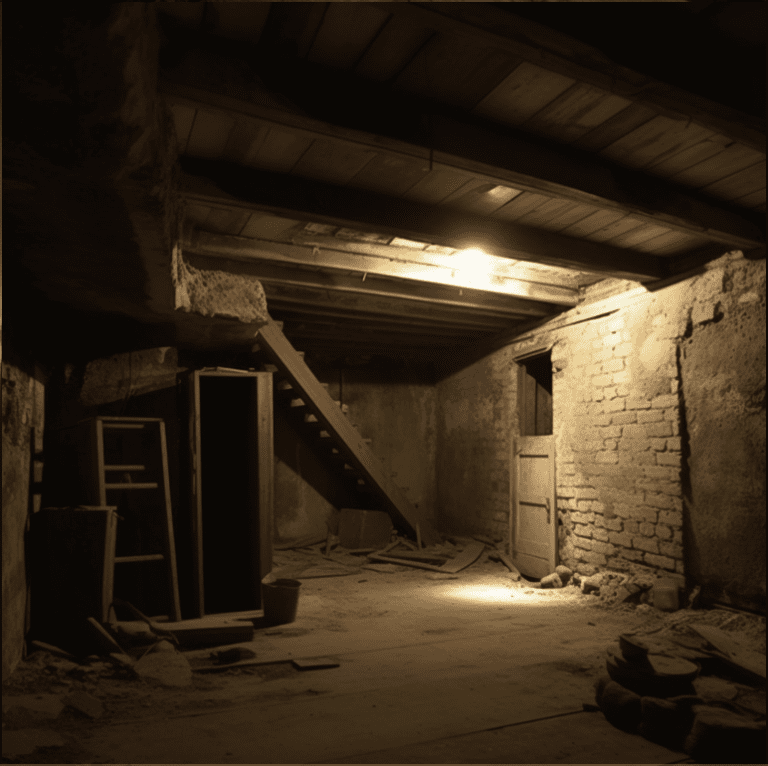

Written by Dr. Diane Mueller One of the common questions surrounding mold detection is whether you can rely solely on your sense of smell to identify the presence of black mold. While odor can sometimes be an indicator, it is crucial to understand the complexities involved in mold detection. This blog post aims to delve into the topic of smelling black mold, the role of Volatile Organic Compounds (VOCs), and the limitations of relying solely on scent detection.
Additionally, we’ll shed light on the various mold types that produce VOCs and emphasize that relying on a visual inspection alone may miss other problematic molds that can pose health risks.
The Role of VOCs in Mold Detection: VOCs are compounds emitted by certain molds as they grow and metabolize. These compounds can have distinct odors and may contribute to the “musty” or “earthy” smell often associated with mold-infested areas. However, it’s important to note that not all molds produce noticeable odors or VOCs. In fact, some molds can proliferate silently without emitting any discernible scent, making reliance on smell alone an unreliable method for mold detection.
We have helped thousands of people restore their health and quality of life by diagnosing and treating their Mold Illness
Mold Types and VOC Production: Various mold species produce VOCs, contributing to both their characteristic smell and potential health implications. Stachybotrys chartarum, commonly known as black mold, is one example of a mold species that can produce strong-smelling VOCs. However, it’s essential to recognize that other molds, such as Aspergillus, Penicillium, and Cladosporium, can also emit VOCs and pose health risks, despite lacking the distinctive smell associated with black mold. Thus, relying solely on scent detection may overlook these equally problematic molds.
The Limitations of Scent Detection: While a musty odor can sometimes alert you to the presence of mold, it is crucial to understand that relying solely on smell for mold detection has its limitations. Odor perception can vary among individuals, and the ability to detect certain scents may diminish over time due to adaptation. Additionally, environmental factors and the presence of other odors can mask or distort the smell of mold. Therefore, it is crucial to employ comprehensive mold assessment methods that go beyond scent detection.
Comprehensive Mold Inspections: To ensure a thorough evaluation of mold-related issues, it is advisable to consult professionals who employ comprehensive mold inspection techniques. Most online mold inspectors will say they are qualified but they only have the understanding of the following nuances of mold detection: including visual examination, moisture analysis, air sampling, and laboratory testing. The problem with this is that much of the time mold samples will be fine unless methodology used will actually look behind the drywall and in hard reach places. In addition to this, since certain molds, like black mold, are heavy, the particles do not suspend in air. What is needed is a surface sample (typically taken of dust) in order to find those hard to detect mold samples.
We have found that most people online who say they are certified and qualified to identify mold miss mold 90% of the time. People continue to get sick in the house they are living in as they are not associating their health problem with their home. Getting a mold test kit called an ERMI can be an initial DIY way of getting a dust sample to get a better reading than what most mold inspectors do. We often find this test elicits black mold as well as other problematic molds in the house after inspectors falsely claimed that there was not a problem.
While the presence of a musty odor can sometimes indicate the potential presence of black mold, it’s important to recognize the limitations of relying solely on smell for mold detection. VOC production varies among different mold types, and many molds can grow undetected without emitting noticeable odors. To ensure a comprehensive assessment of mold-related issues and potential health risks, it is advisable to consult professionals who employ a range of inspection methods beyond scent detection. By embracing a thorough and systematic approach, you can gain a clearer understanding of the mold issues in your environment and take appropriate steps to safeguard your well-being.
While you can smell black mold at times, you absolutely want to make sure to avoid using smell or sight as the only way to detect mold. If you do smell something musty, there is likely mold present. However, if you do not smell anything, this does not mean that there is not a problem. Please check out our blog TEST FOR BLACK MOLD to learn more about the home test kit that was mentioned in this blog, called the ERMI. In addition, check out black mold symptoms to learn about some of the problems that black mold can cause in health. Mold is the great mimicker so there are many disease processes that can actually be caused by mold that go unchecked.
We have helped thousands of
people restore their health
and quality of life by diagnosing
and treating their Lyme Disease.
“Dr. Mueller’s approach to medicine is refreshing! There is only so much you can do with western medicine and in my life I was needing a new approach. By addressing the whole body, nutritional diet factors, environmental factors, blood work, and incorporating ideas I had not previously known, I was able to break through with my conditions. I am not only experiencing less pain in my life, but through the process of healing guided by Dr. Diane Mueller, I am now happy to say I have more consciousness surrounding how I eat, what to eat and when things are appropriate. Living by example Dr. Mueller has a vibrancy that makes you want to learn and know more about your body and overall health. I highly recommend her to anyone looking for new answers, a new approach to health, or in need of freedom from pain and limitations.”
-Storie S.
Kihei, HI
